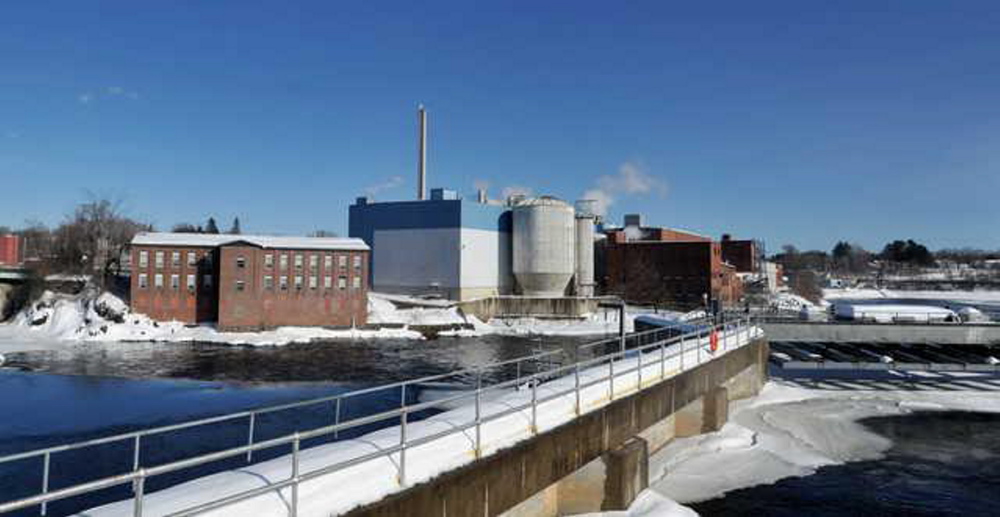MADISON — Selectmen voted Monday night to appeal the state’s assessment of the town’s county and school taxes, based on grounds that the state assessment does not reflect the loss in value of Madison Paper Industries.
“The state valuation does not reflect at all the adjustments that the town of Madison has made to its valuation,” said Bill Van Tuinen, assistant to the board of assessors, during a presentation to the board. “That’s the reason I’m suggesting the town appeal its state valuation, so we do not have to endure any longer than we absolutely need to the burden of having to pay or not receive inter-governmental revenue on $141.7 million that we no longer have.”
The state is proposing assessing the town at $491.6 million in 2015, $6.75 million less than the 2014 assessment of $498.3 million. State valuation — which is used to determine how much each town in the county pays for county taxes and how much state funding goes to schools — usually lags behind municipal assessments by two years, according to Maine Revenue Services.
A higher state valuation means that more funding for education comes from local taxpayers, while a lower state valuation yields more state money for education. The town would also carry a higher percentage of the county tax with a higher valuation.
But officials in Madison agreed Monday night that it wouldn’t be fair for the town to pay county taxes and get school funding based on the proposed state valuation, which doesn’t take into account a loss of about 25 percent of the town’s tax revenue with the drop in value of Madison Paper Industries.
The Board of Assessors finalized the 2014 value of the mill at $80 million, down from $229.7 million in 2013. The change has already been figured into the local tax rate, which officials managed to keep at a roughly 11 percent increase in part with voter approval to establish a $2.5 million line of credit to fund the town budget.
The state is required to notify municipalities of proposed state valuations by Oct. 1 of each year, and municipalities then have up to 45 days to submit an appeal, according to Maine Revenue Services.
The number is used to determine how much each town in the county pays for county taxes and to determine how much state funding goes to schools. It typically lags market values and municipal assessments by about two years, because of the 18-month process the state has in place to determine valuations.
County taxes, which are due Nov. 1, and school taxes for 2014-15, some of which have already been paid, have already been calculated.
An appeal would not have any affect on taxes until 2015 at the earliest, but could provide tax relief in the future, especially in the realm of school financing, which is determined by the average state valuation over the last three years, said Van Tuinen.
Officials in the town of Skowhegan, which this year suffered a $100 million loss in value at Sappi Fine Paper, are scheduled to meet regarding an appeal of their state valuation on Tuesday. Van Tuinen, who also works as an industrial appraiser in other parts of the state, said East Millinocket, home to Great Northern Paper Co., has already filed an appeal.
The valuation of the mills has decreased as the demand for paper products has declined and the mills have become less productive.
“Having that state valuation changed sooner rather than later would be of assistance to all the taxpayers in the town of Madison. We wouldn’t have to pay school taxes and county taxes on valuation that really no longer exists at the local level,” Van Tuinen said.
Rachel Ohm — 612-2368
Twitter: @rachel_ohm
Send questions/comments to the editors.




Success. Please wait for the page to reload. If the page does not reload within 5 seconds, please refresh the page.
Enter your email and password to access comments.
Hi, to comment on stories you must . This profile is in addition to your subscription and website login.
Already have a commenting profile? .
Invalid username/password.
Please check your email to confirm and complete your registration.
Only subscribers are eligible to post comments. Please subscribe or login first for digital access. Here’s why.
Use the form below to reset your password. When you've submitted your account email, we will send an email with a reset code.